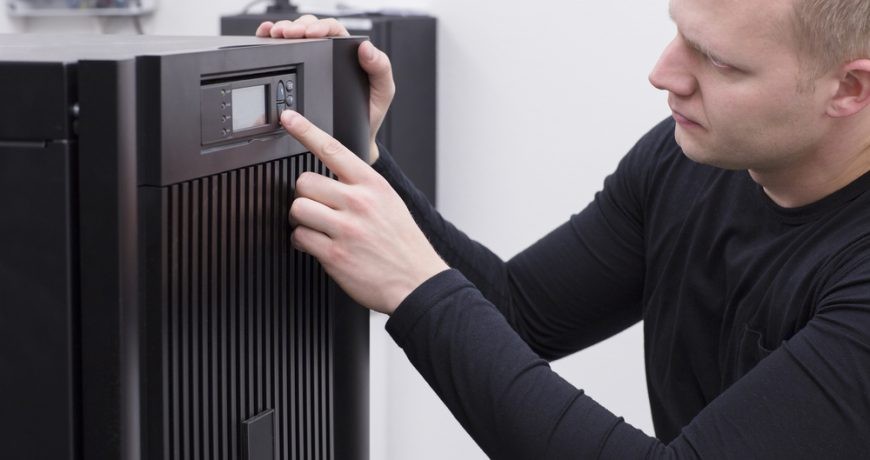In Thailand, a consistent power supply is essential for the smooth operation of daily life and commerce. From bustling Bangkok offices to manufacturing plants in the Eastern Economic Corridor, dependable electricity fuels progress. However, power disruptions can and do happen. Sudden outages, voltage sags, or power surges can bring operations to a standstill, causing data loss, equipment damage, and significant financial setbacks. This is where an uninterruptible power supply (UPS) system becomes an indispensable safeguard.
A UPS system is a device that provides emergency power to a load when the main power source fails. It acts as a bridge, giving you a window of time to either shut down equipment safely or switch to a backup generator. For sensitive electronics, this immediate protection is vital. A small computer UPS can prevent the loss of unsaved work on a personal desktop, but the principles scale up to protect entire data centres, hospitals, and industrial facilities. These systems ensure that a momentary flicker in the grid does not turn into a major operational problem.
The core function of any UPS system is to provide a clean and stable power supply. In regions prone to thunderstorms or with ageing grid infrastructure, the electricity flowing into a building is not always perfect. These fluctuations can degrade sensitive electronic components over time, leading to premature failure. A UPS conditions the incoming power, smoothing out peaks and troughs to deliver a consistent voltage. This protection extends the lifespan of expensive equipment, from servers and medical devices to factory control systems.
Think about the infrastructure we rely on every day. Hospitals need constant power for life-support machines and patient record systems. A power outage, even for a few seconds, could have severe consequences. Banks and financial institutions depend on their systems to process transactions securely. Downtime for them means lost revenue and a drop in customer confidence. Telecommunication towers that keep us connected and traffic control systems that manage busy city intersections all need an unbroken power source to function correctly.
A UPS system provides that immediate, automatic defence against power problems. When an outage occurs, the system’s internal battery instantly takes over. For short-term outages, the battery might be enough to ride out the interruption. For longer events, the UPS provides the crucial time needed for backup generators to start up and take over the load. This seamless transition ensures that essential services continue without a hitch.
In a rapidly developing economy like Thailand’s, the reliance on digital infrastructure will only grow. Protecting this foundation from the unpredictability of power failures is not just good practice; it is a necessity for ensuring stability, safety, and continued economic growth. By implementing robust UPS solutions, organisations can protect their assets and maintain continuity in an ever-connected world.

